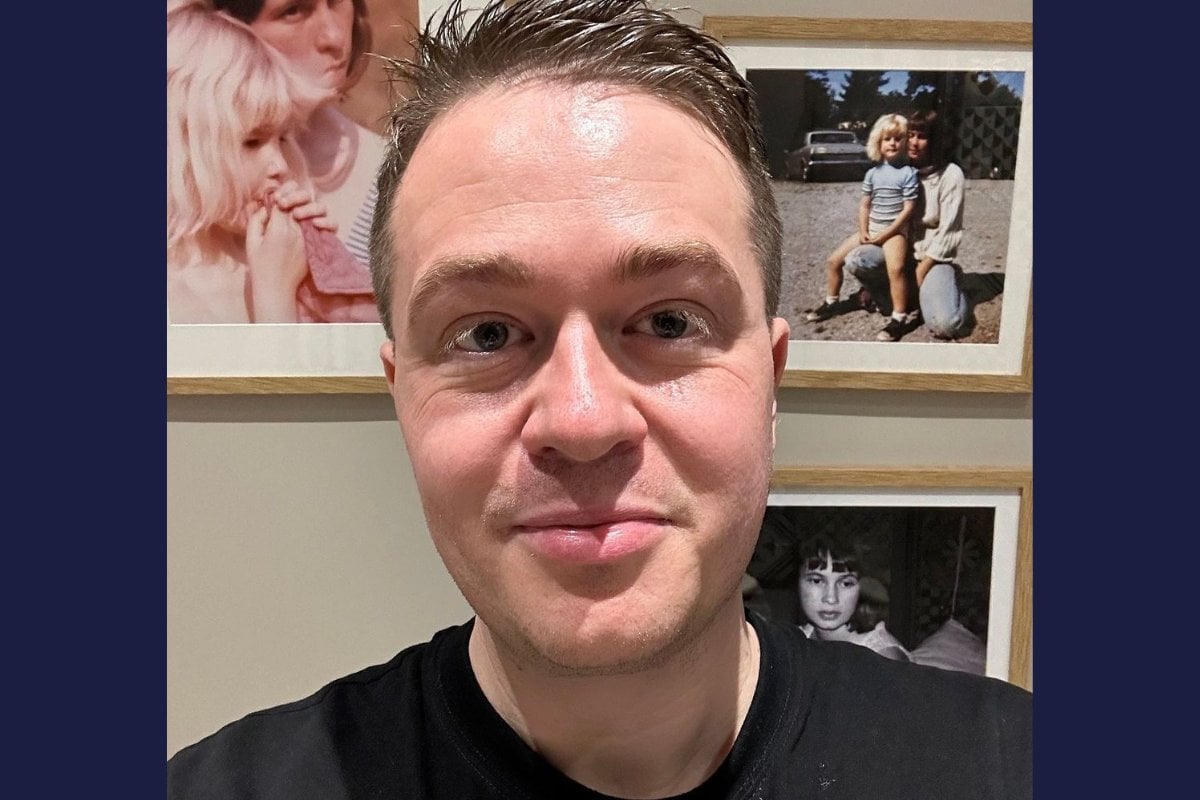
Extract taken from Magic Pill: The Extraordinary Benefits and Disturbing Risks of the New Weight Loss Drugs by Johann Hari, published by Bloomsbury, out now: $34.99
The following discusses eating disorders.
Eight months after I started taking Ozempic, I was FaceTiming with my niece, Erin. In my rational mind, I knew she was eighteen and about to head off to university for the first time but she's the youngest member of my family, the baby, and to me, she'll always be seven years old. Nobody in the world activates my protective instincts more. She was talking to me from a pub, and she said: 'You’ve lost so much weight I can actually see your jawline!' She giggled. As I was about to preen at the compliment, her face hardened into a frown. She looked down at herself and said: 'I need to get some Ozempic. Will you buy me some?'
It took me a moment to register that she wasn't joking.
My niece is a normal, healthy weight, and she suddenly looked sad, and contemptuous of her body.
Of all the moments in writing this book, this was the one that most made me feel like I was doing something really wrong. I wondered if by losing weight in the way that I had — and by being so happy about the physical loss — I had contradicted all the messages I had been trying to tell her since she was a toddler. I wanted her to accept herself; to value herself; to not buy into the messages telling women in particular that their bodies need to be shrivelled to have value.
I realised that in the year or so leading up to this conversation, my niece had witnessed a wider change. Unlike when I was her age, there had been some female celebrities in the public eye who weren't skinny — comedians, actresses, reality-show stars. They often talked proudly about being happy with their bodies. But now, suddenly, they had all dramatically shrunk. Very few of them admitted they were taking the new weight-loss drugs, but the only other possible explanation was that there had been an outbreak of dysentery in Malibu. What was this communicating to her? What was I communicating to her?

